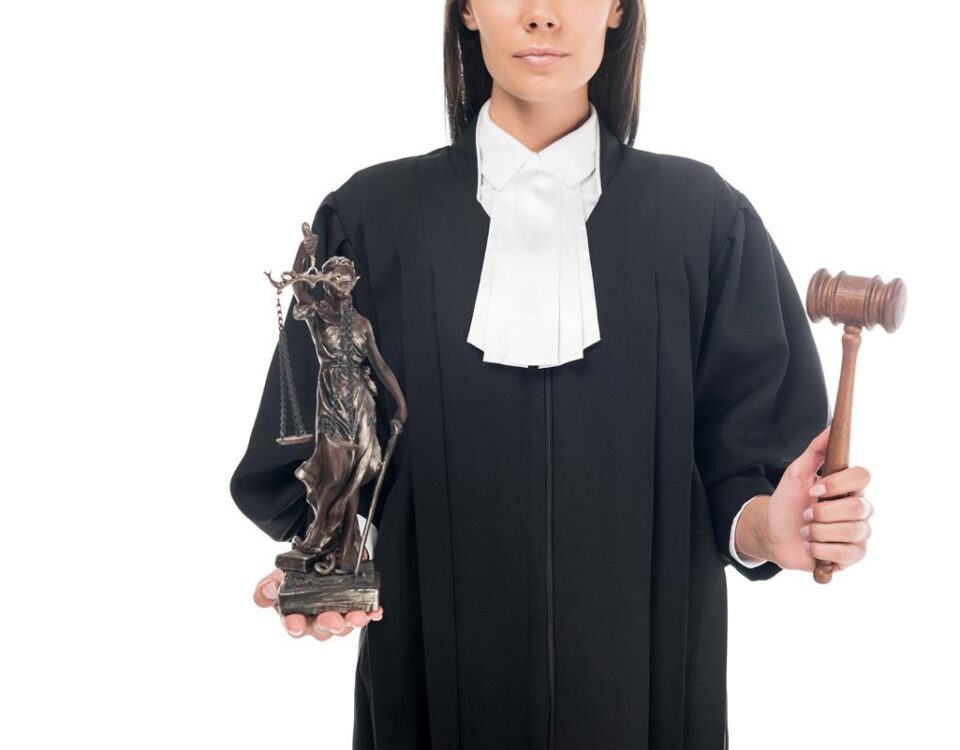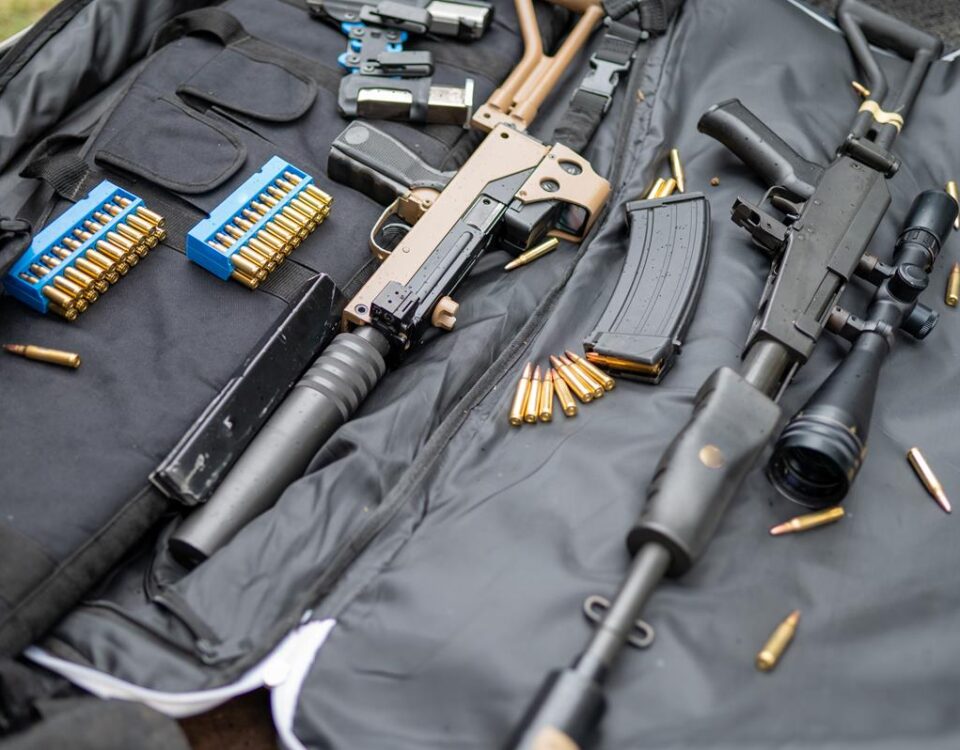
Luke Bryan | Club Random with Bill Maher
February 3, 2025
Tear Down USAID, Don’t Manage It
February 3, 2025Deep State On The Run, Arrests to Come?
Now that Donald Trump has returned to power it is time to hold some people accountable. The civil rights of any individual, regardless of their social status, political affiliation, or public profile, are fundamental and protected under the Constitution. Donald Trump, as a private citizen and former president, is entitled to these rights just as any other person in the United States. However, certain legal actions taken against him during his various investigations and legal challenges, especially regarding the behavior of judges and prosecutors, have raised questions about potential violations of his civil rights. While the legal system is designed to hold individuals accountable for any alleged wrongdoing, it is equally important that the legal process itself adheres to constitutional protections.
One key area of concern is whether certain actions by judges and prosecutors involved in cases against Donald Trump violated his civil rights. The due process clauses of the Fifth and Fourteenth Amendments protect individuals from being deprived of life, liberty, or property without due process of law. In the context of Trump’s legal battles, there have been instances where some argue that he was not granted the fair and impartial treatment that the law requires. Allegations of biased conduct by judges or prosecutors, including decisions made in the handling of evidence, legal strategy, or public comments, could be viewed as undermining Trump’s right to a fair trial or investigation.
For example, some of Trump’s legal team members and supporters have claimed that certain judges and prosecutors demonstrated political bias in their handling of cases involving the former president. These individuals have argued that decisions were made not based on the merits of the cases, but on the political climate and personal animus toward Trump. If true, such actions could be seen as violations of the principle of impartial justice, which is fundamental to the protection of civil rights. The actions of some individuals in the legal system could be seen as politically motivated, possibly violating the constitutional protections afforded to all citizens, including Trump.
In addition to allegations of bias, Trump and his legal team have raised concerns about the integrity of investigations and prosecutions. For instance, certain tactics used by prosecutors or investigators could be interpreted as infringing upon Trump’s civil rights. These could include the use of excessive surveillance, unwarranted searches, or the improper handling of legal documents. Such actions, if they occurred outside the bounds of lawful procedure, could be seen as an invasion of privacy and a violation of Fourth Amendment protections, which guard against unreasonable searches and seizures.
Given these concerns, it is important to recognize that Donald Trump, like any other citizen, has civil rights that must be safeguarded. If violations of his rights have occurred, the Civil Rights Division of the U.S. Department of Justice (DOJ) has a crucial role to play in investigating potential misconduct by government officials, including judges and prosecutors. The Civil Rights Division is tasked with ensuring that all Americans, regardless of their status or identity, have access to fair legal processes and that their constitutional rights are upheld.
The division could look into whether any misconduct or abuses of power have occurred in the way Trump has been treated during legal proceedings. This could involve examining potential violations of rights such as due process, equal protection under the law, or the protection from unreasonable searches and seizures. If it is determined that any government official, whether a judge, prosecutor, or investigator, has violated Trump’s civil rights, corrective actions, including disciplinary measures, could be taken.
Ultimately, civil rights protections are universal and should apply to all individuals. While Donald Trump’s legal challenges and public profile may be highly charged, it is essential to ensure that his rights, like those of any citizen, are not infringed upon during the course of legal proceedings. The Civil Rights Division’s involvement in addressing any potential violations of Trump’s rights would reinforce the principle that the legal system is designed to serve and protect everyone equally under the law. If people are not held accountable for the “lawfare” waged against Trump then it will be seen as a green light to do this kind of thing again.
C. Rich
CRich@AmericaSpeaksInk.com

C. Rich is the voice behind America Speaks Ink, home to the America First Movement. As an author, poet, freelance ghostwriter, and blogger, C. Rich brings a “baked-in” perspective shaped by growing up on the streets and beaches of South Florida in the 1970s-1980s and brings a quintessential Generation-X point of view.
Rich’s writing journey began in 2008 with coverage of the Casey Anthony trial and has since evolved into a wide-ranging exploration of politics, culture, and the issues that define our times. Follow C. Rich’s writing odyssey here at America Speaks Ink and on Amazon with a multi-book series on Donald Trump called “Trump Era: The MAGA Files” and many other books and subjects C. Rich is known to cover.
“America Speaks Ink is a Google News approved source for Opinion”





